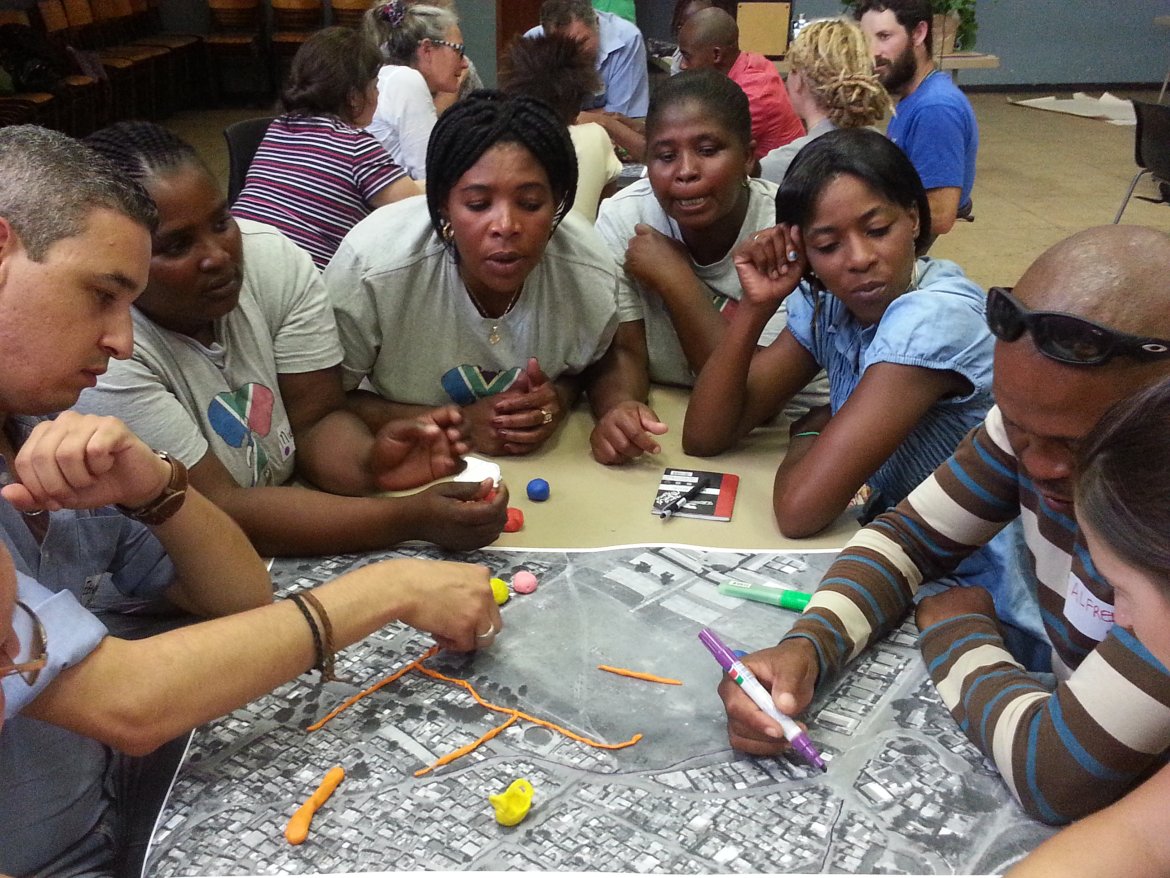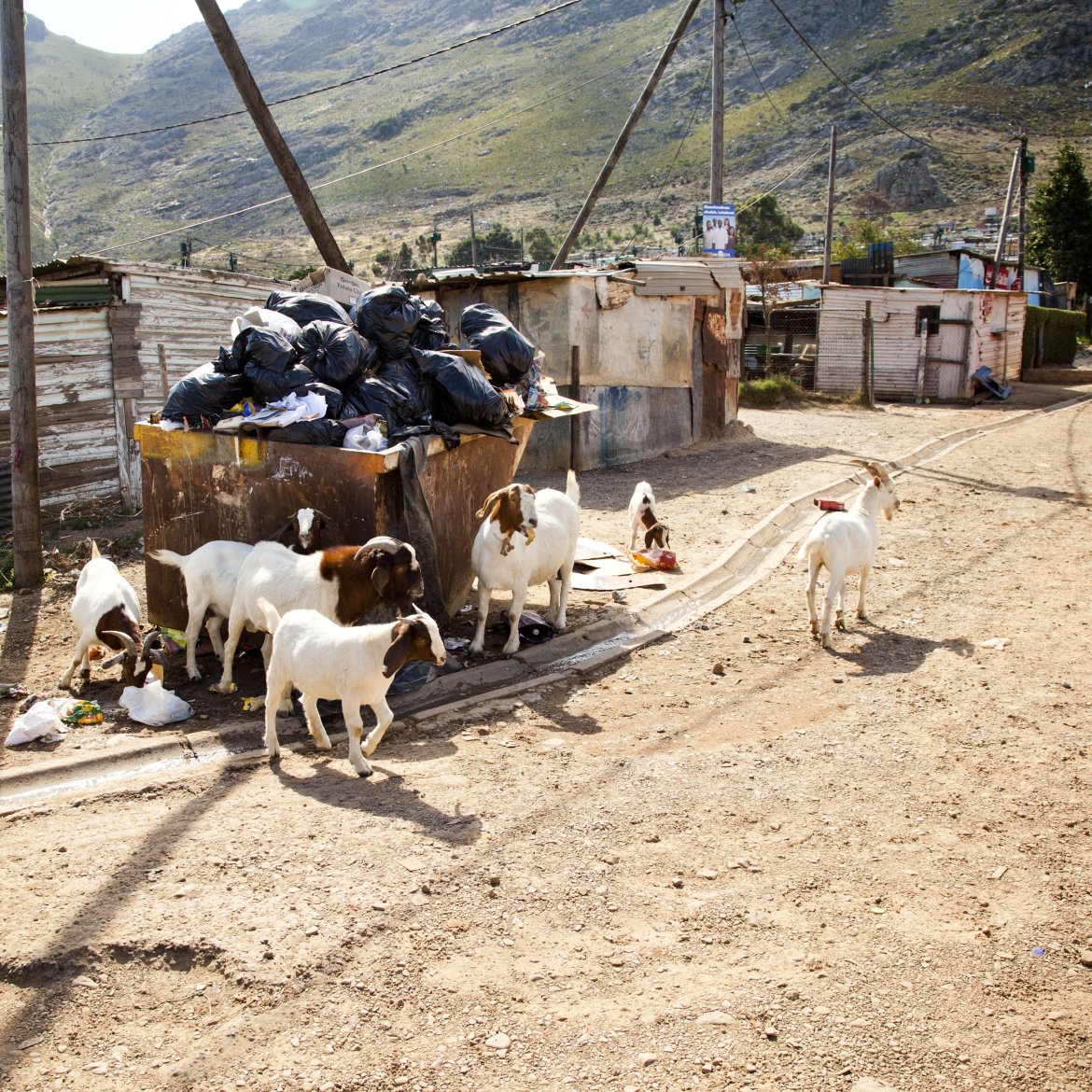It is recognised that nature often knows best and tends to find innovative solutions to challenges. One of the major challenges faced by the Western Cape is water scarcity. This challenge is highlighted in the Green Economy Strategy Framework Green is Smart (downloadable here), approved by Cabinet in March 2013. An extract from an early document demonstrates the severity of the problem:
Water is the Achilles’ heel of the Western Cape economy. The Western Cape will need new fresh water resources by 2019 if we continue as we are accustomed. This is before we factor in the impact of climate change, in particular on water evaporation and increased incidences of drought. The building of another dam is not an option. Water quality in the province is another constraint that requires urgent attention (Sustainable Water Management Plan, Western Cape 2012).
A growing number of municipalities are reporting water shortages as a constraint on the development of human settlements. While the reason often lies in management of water infrastructure, insufficient supply of water is becoming an increasingly important factor.
The Genius of Place project is managed by BiomimicrySA to tackle the problem of water quality on the Berg River. Three phases of the project have been undertaken to date.
Phase 1 of the Genius of Place project involved a feasibility study conducted in conjunction with the Berg River Improvement Plan (BRIP) Task Team with the view of determining whether biomimicry could offer a solution to some of the challenges faced in the Berg River.
Three primary issues were identified as having the biggest impact on the health of the Berg River system:
- Informal settlements and the difficulties in dealing with grey and black wastewater that bypass the formal system;
- The current wastewater treatment plants and how they operate;
- The loss of indigenous vegetation along the river which would act as a buffer to naturally filter certain excess pollutants.
Following on Phase 1, the Genius of Place Phase 2 consisted of deeper research into storm water drainage, sewerage and solid waste in one of the Berg River informal settlements, Langrug. The Phase 2 report provided recommendations on global and locally appropriate technology solutions for testing during Phase 3.
Phase three of the Genius of Place Project aims to put in place an innovative and integrated solution to water pollution in the Berg River. This includes a pilot eco-machine which would separate grey water from storm water to prevent pollution to the Berg River, mitigate the health and odour issues of the current grey water system and improve the soils and initiate greening in the Langrug community. The once polluted water is collected into one area where solid material is filtered out and the remaining polluted water flows to the bioremediation filter. Each tank has a different community of organisms and aquatic plants which act as a filter as the water passes through. This clean water can then be used for different activities while the sediment build up offers a number of different business opportunities.
In terms of the solid waste, the outcome is to have in place a communal waste system which includes the construction of a neighbourhood communal waste collection site and involves household waste separation, waste collection and waste treatment. A water and waste committee has been established consisting of Langrug community members to ensure ownership of the proposed prototypes.
Thus the overall outcome of the project is to result in the development and demonstration of new, more efficient and affordable technologies that could have a significant impact on addressing the challenge of dealing with grey water and solid waste in informal settlements. The aim is to have these projects implemented within the next 6 months, determine the effectiveness of these interventions and the possibility of taking these solutions to a bigger scale.


